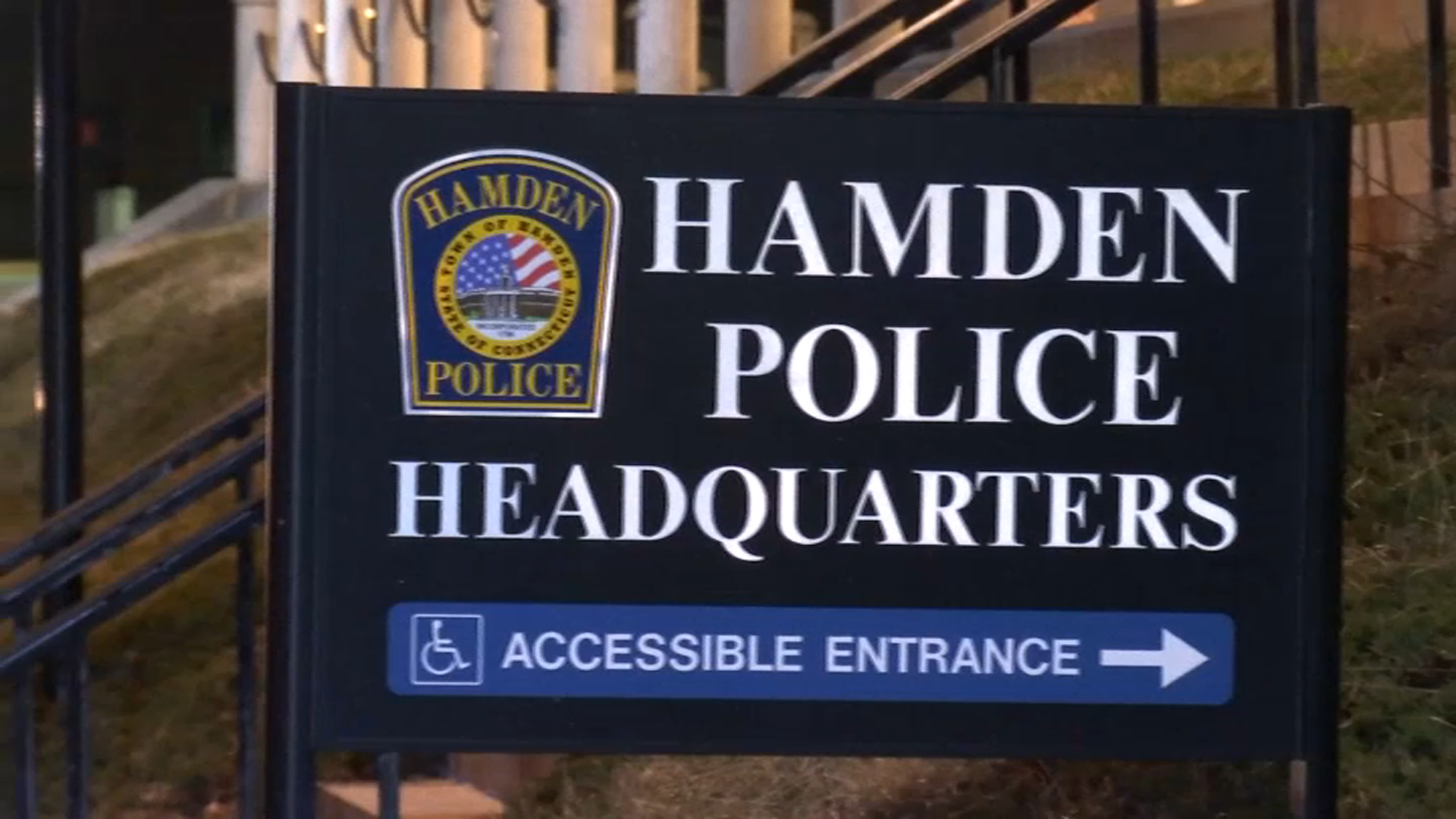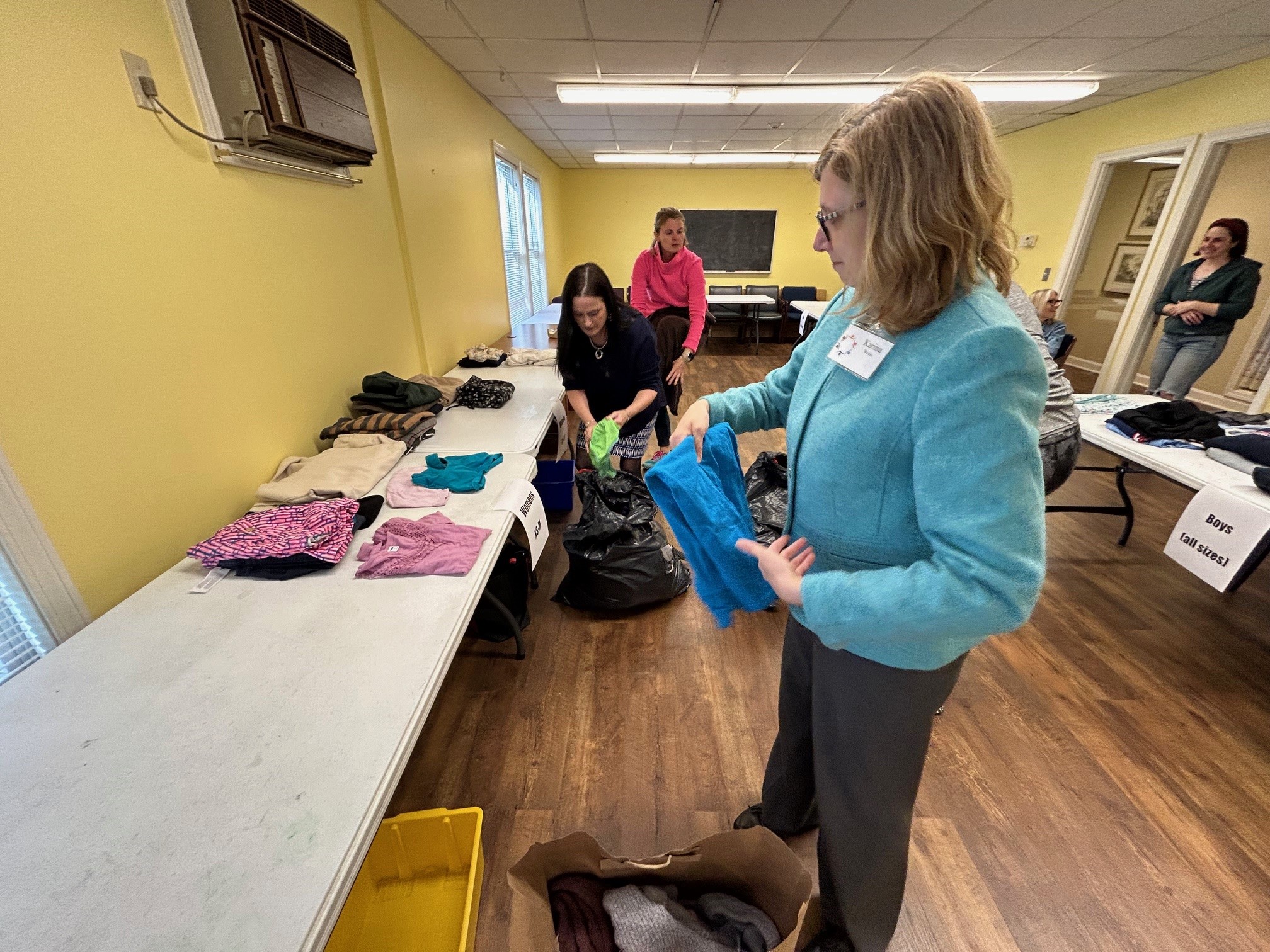A Yale doctoral student said Tuesday that the Connecticut order to quarantine him at home following his return from Liberia was based on politics — not science — and he fears the shifting guidelines across the U.S. will discourage other health workers from traveling to West Africa to help fight the Ebola outbreak.
Ryan Boyko, 30, has been confined to his apartment in New Haven out of concern that he was exposed to Ebola while helping Liberia's government develop a computer system to track the virus.
He was admitted to a hospital when he developed a fever on Oct. 15, four days after returning from Liberia. Ebola tests came back negative, and Boyko was released from the hospital. He said he was outraged when he was then ordered under quarantine.
"It was purely a political move to look like Gov. Malloy was leading — science be damned, basically," Boyko said in an interview. "Instead of leading by teaching people about the disease and trying to reduce the fear in a way that was productive and based on science, it was a decision to take what felt like the easier path."
Gov. Dannel P. Malloy defended the state's handling of Boyko's case, saying people exposed to Ebola can test negative for the virus within a 21-day span and still end up getting sick.
"To make matters perfectly clear and to not have any mistakes or people going out bowling the night before they come down with a fever, we took the additional step" with the quarantine, Malloy said during a campaign stop in Hartford.
Like the governors of New York and New Jersey, Malloy has adopted more stringent policies than the Centers for Disease Control and Prevention. Any traveler from West Africa without symptoms but deemed to have been potentially exposed to Ebola will be quarantined for 21 days, most likely at their homes, while people with symptoms will be isolated at hospitals, according to the state's policies.
Local
Eight people in Connecticut without any symptoms are under 21-day quarantine orders, including six family members confined to a West Haven home under 24-hour police surveillance. The family recently flew from West Africa to John F. Kennedy Airport in New York.
Boyko, an epidemiology student at the Yale School of Public Health, said he had not been in contact with anybody in Liberia who was showing symptoms of Ebola infection. Ebola is only contagious when people who carry the virus get sick. Boyko said he had a conversation with American freelance cameraman Ashoka Mukpo, but that was the day before Mukpo started showing symptoms, and the CDC told him there was no risk of exposure.
Until the quarantine order expires on Thursday, Boyko is to remain at home and avoid contact with others, under penalty of a fine and up to a year in prison. A New Haven police cruiser is parked outside his home. He speaks through a window to his girlfriend and a Yale administrator who makes sure he has what he needs.
He has been keeping with his work while home and, more recently, he has gotten involved with activists pushing for consistent guidelines for people coming from Ebola-affected areas.
"Right now there's this patchwork of ever-shifting guidance," he said. "It makes anyone who thinks of volunteering there question their decision. You really have no idea what's going to happen when you get home. That's a recipe for disaster."



